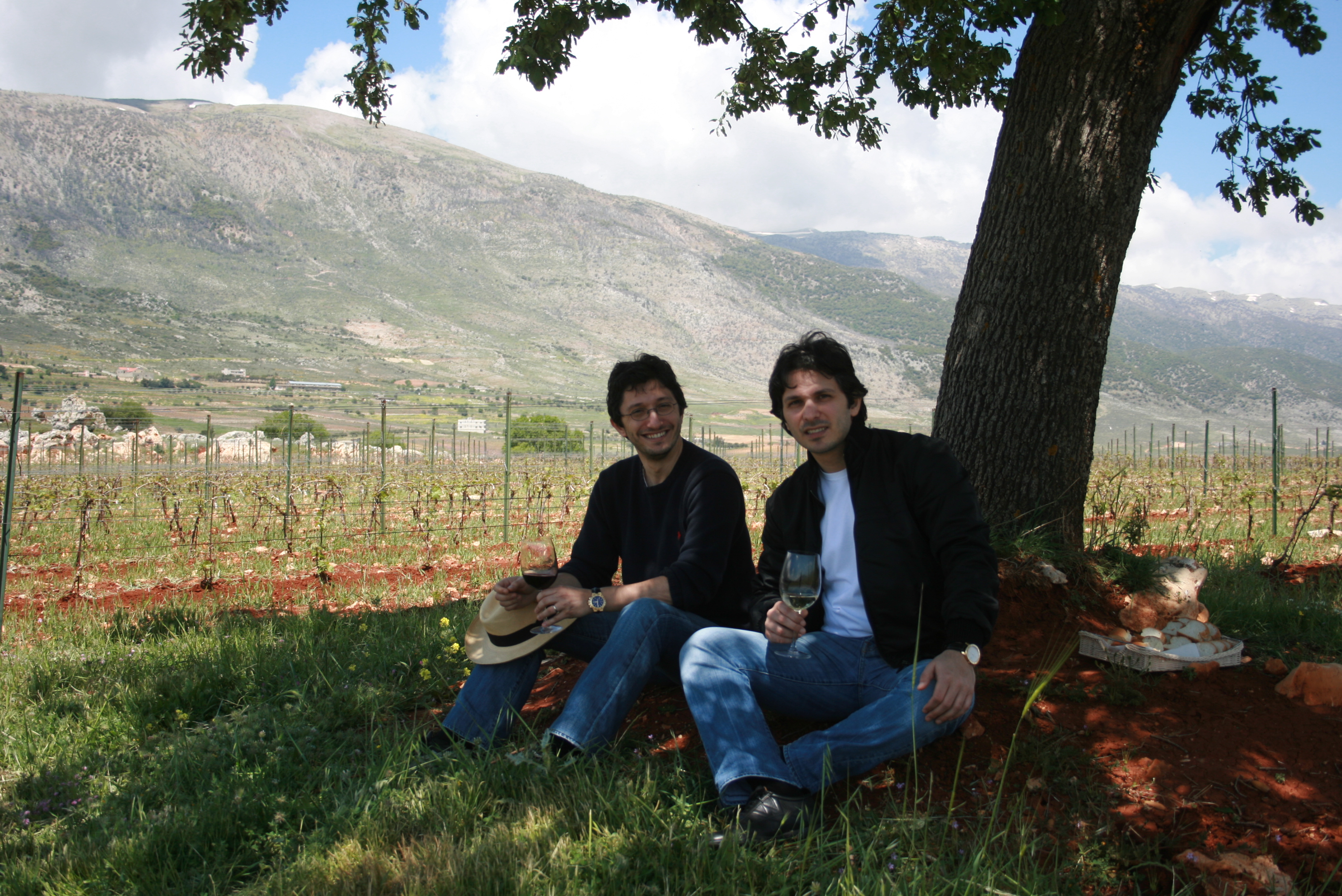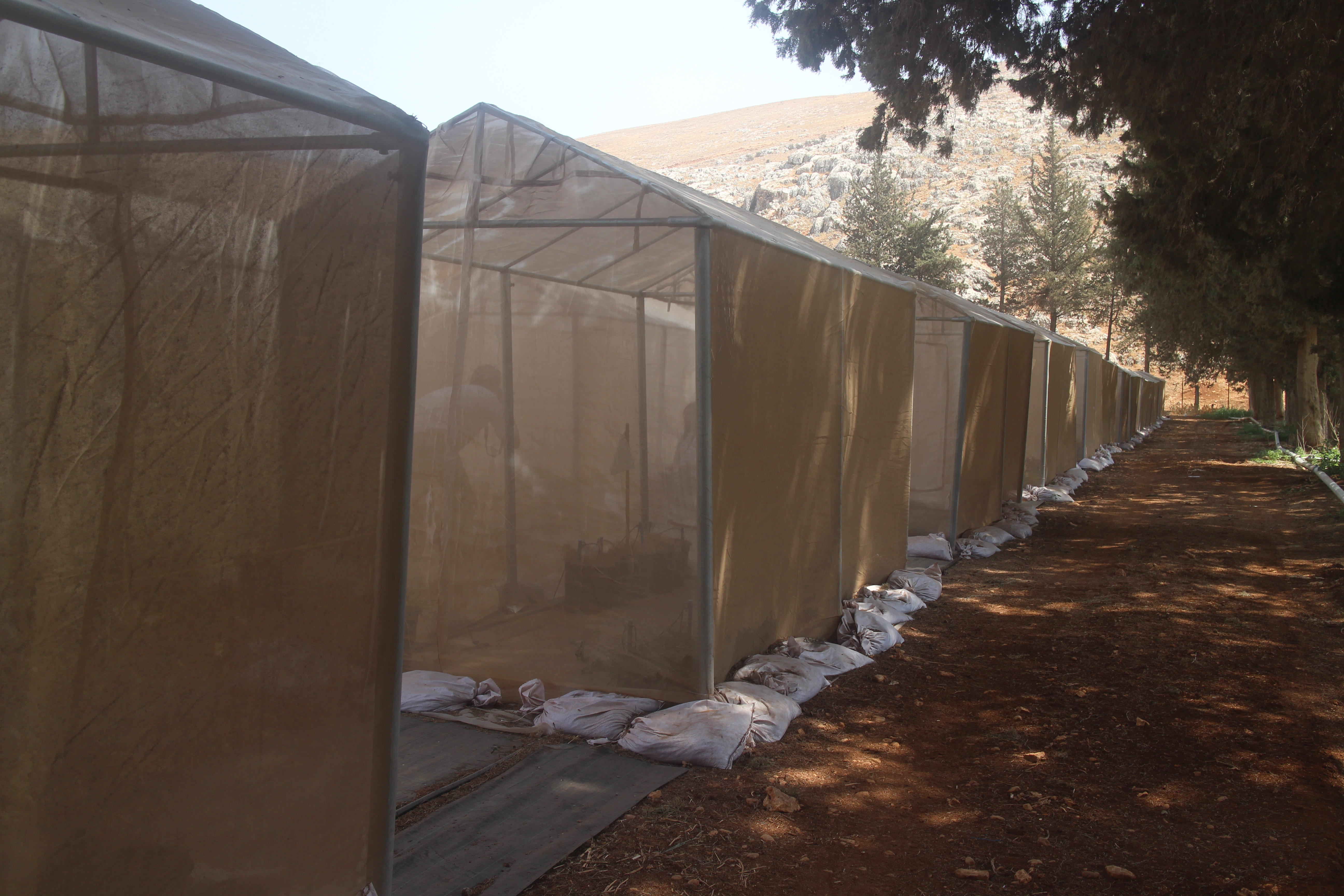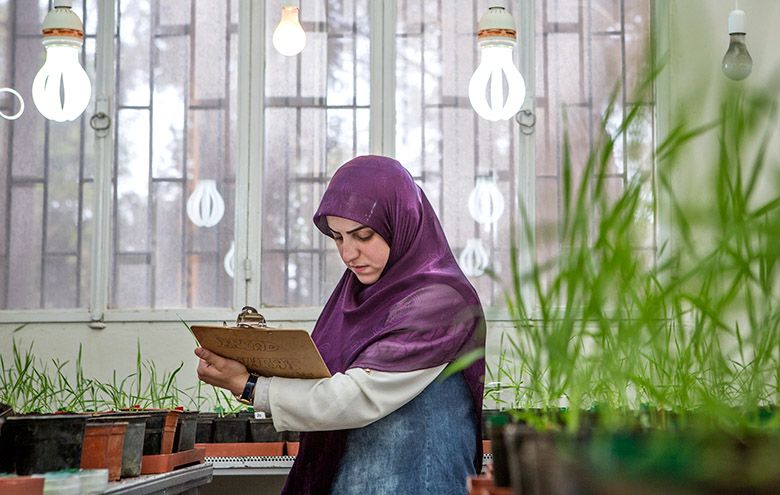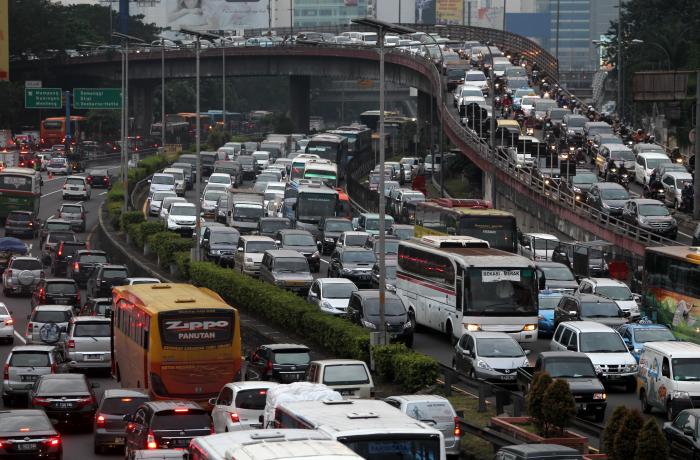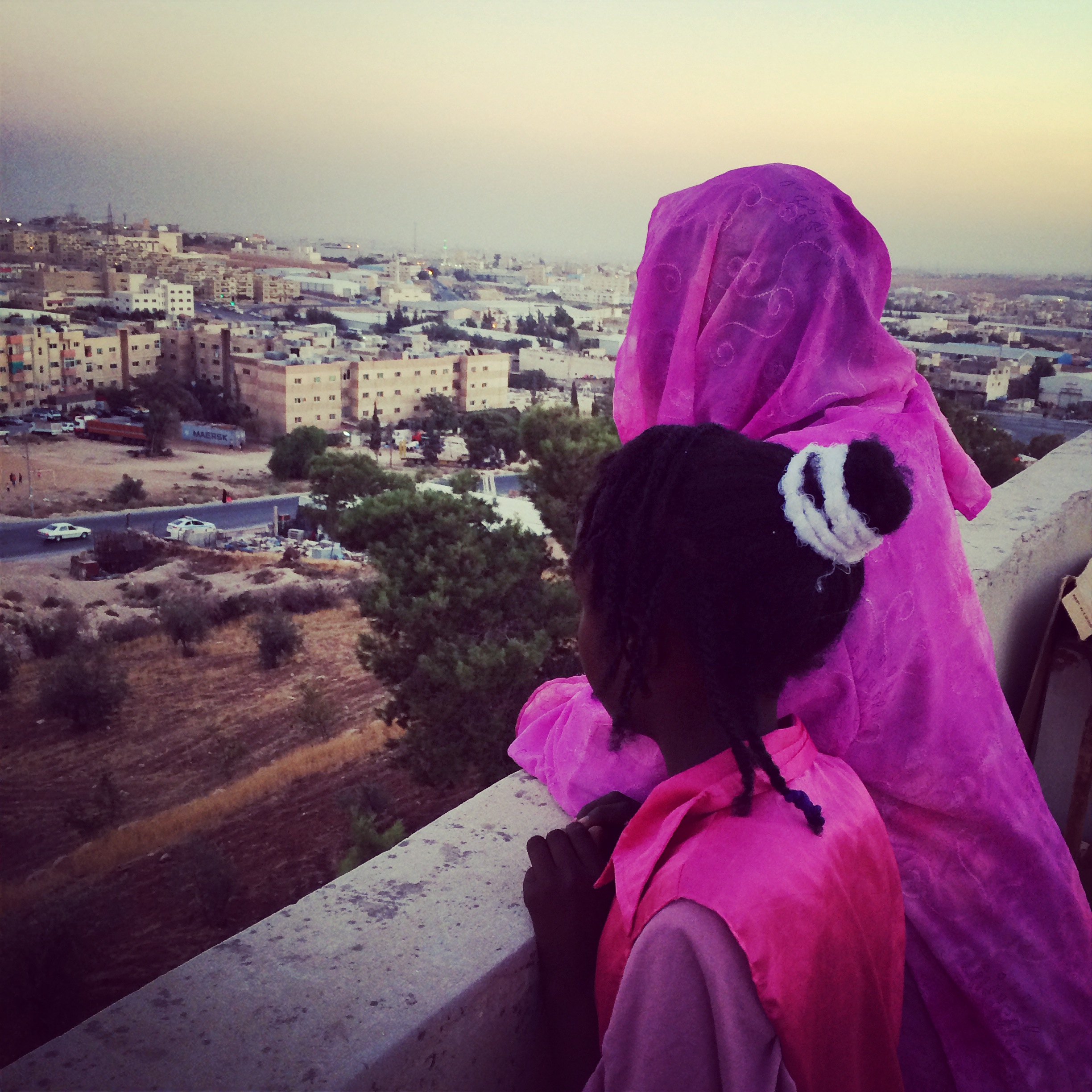-

A research center is rebuilding their seed collection in Lebanon after fleeing Aleppo in Syria...
-

This is a painting lesson that combines Pablo Picasso's famous 1937 Guernica with current day issues presented from The Pulitzer Center.
-

This is a painting lesson that combines Pablo Picasso's famous 1937 "Guernica" with current day issues presented by the Pulitzer Center.
-

Pulitzer Center Update
News Bites and Lesson Plan of the Week: Road Safety
This week's news on all things Pulitzer Center Education.
March 31, 2016 -

Pulitzer Center Update
News Bites and Lesson of the Week: Refugees and Extremism
This week's news on all things Pulitzer Center Education.
March 31, 2016 -

This is a painting lesson that combines Pablo Picasso's famous 1937 Guernica with current day issues presented by the Pulitzer Center.
-

Lesson Plans
Pedestrian Safety
Students investigate educational resources about the safety of pedestrians in developing countries and design mock letters to politicians in charge of roads in a developing country.
-

Lesson Plans
Museum of Current Crises
This lesson plan outlines a project that allows students the opportunity to connect with a contemporary crisis somewhere in the world.
-

Lesson Plans
What is it like to be a refugee and how can we help spread the word about the problems refugees face?
Questions for "World Refugee Day: Waking Up the International Community" Answer while you read: When is World Refugee Day? How many people have been displaced from their homes in the past year? Which...
